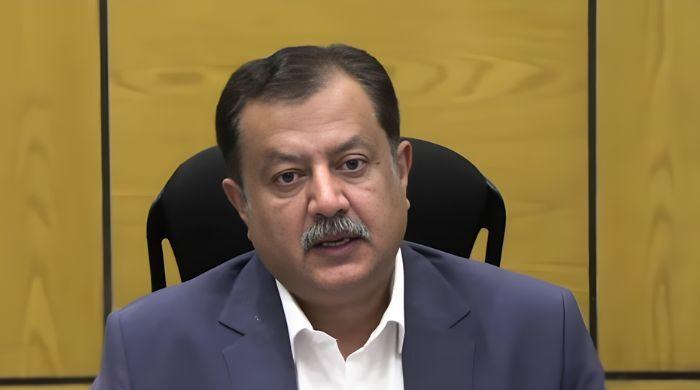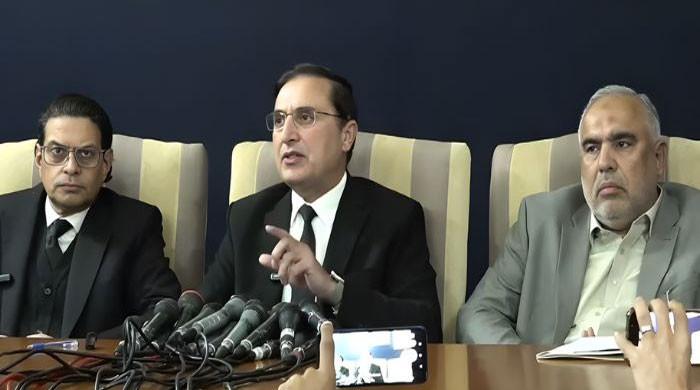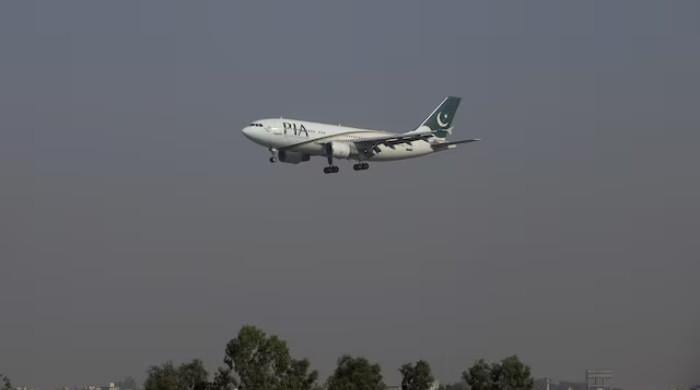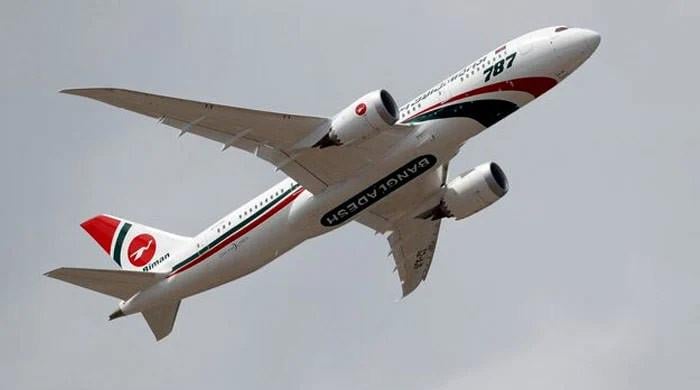Rangers helping young men give up life of violence
The Rangers Reclamation Centre was officially inaugurated in November 2016 and has reintegrated 20 militants back into society
October 11, 2017
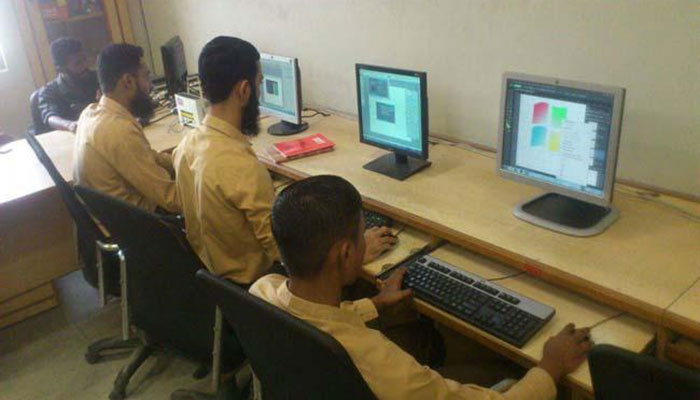
Launched almost a year ago, the rehabilitation centre set up by the Sindh Rangers has helped 20 young militants turn their backs on a life of violence to go back to their families.
The paramilitary force is already working on the next batch of 14 youngsters.
Associated with various criminal and terrorist groups operating in Karachi and arrested during the ongoing crackdown in the metropolis, the young men are being treated by a team of Rangers personnel and psychiatrists at the rehab facility in Landhi Town to help them reintegrate into society.
The youngsters are provided with psychological treatment and months-long vocational training in different trades before being examined to ascertain if they are fit to return to their families.
A brainchild of Maj Gen Bilal Akbar, the then director general of the Sindh Rangers, the Rangers Reclamation Centre was officially inaugurated in November 2016.
Since then the centre has successfully rehabilitated a group of 20 captured militants, who, after denouncing crime and militancy, received psychological care and training in skill development. Now the centre is working on another batch of 14 young militants.
In its crackdown commenced in September 2013 against various violent groups, the Rangers have arrested thousands of terrorists associated with different Taliban outfits, sectarian groups, criminal syndicates and militant wings of political and ethnic parties. A large number of them are young men.
Rangers Reclamation Centre incharge Maj Ahmed says that considering the successful models of rehabilitation centres for former militants in Swat, Gen Akbar was keenly interested in starting a similar initiative in Karachi to reintegrate and rehabilitate children.
Akbar formed a team to start a similar initiative, but in the context of the city’s complicated security landscape, said Ahmad. “Despite a shortage of funds, resources and staff, the force is using its own budget to run the centre, with Bhittai Rangers Sector Commander Brig Shahid Javed overseeing the project.”
The Pakistan Army has been running several de-radicalisation programmes, such as Sabaoon, Rastoon and Mishal, but all of them are mainly concentrated in Swat.
The Rangers’ rehab centre is the first initiative of its kind in Karachi.
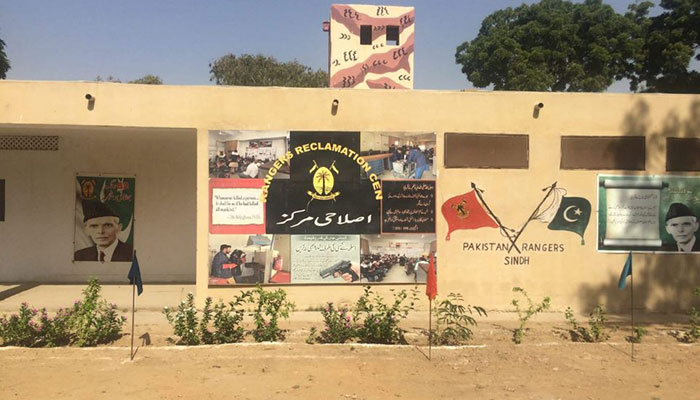
In its pilot stage, the centre finalised a group of 20 students below the age of 24 with the help of the University of Karachi’s Institute of Clinical Psychology.
“At the reclamation centre we offer psychological services, counselling and therapy; we enrol them in technical training programmes, and also provide them with formal and religious education,” said Ahmad.
He said they also conducted a discussion module, which included sessions with the youngsters’ families. Sharing the story of a young militant, he said his family disowned him when the paramilitary force contacted them.
“It was very challenging for us, but for the young boy, it was disastrous. After our consultative meetings with his parents, they agreed to participate. Now, after the boy’s release, he has been living happily with his family.”
Ahmed said the young boys treated at the centre had no prior criminal record so they were passed out after nine months. “After sending them home, we monitor them through the Rangers’ relevant wings. We also help them find technical jobs with the cooperation of local industrialists.”
The first batch passed out in June 2017. At the passing out ceremony, the then Karachi Corps Commander Lt Gen Naveed Mukhtar and Gen Akbar were the chief guests.
Dr Idrees, a psychiatrist working at the reclamation centre for the past eight months, said the facility used techniques of positive reinforcement on the captured militants to end their negativity.
“Some of the students passed out in the last batch had received militant training in Afghanistan, but they were arrested before they could carry out any subversive acts. After being counselled and completing their rehabilitation and vocational training, they now have respectable jobs.”
This report was originally published in The News
Originally published in The News





